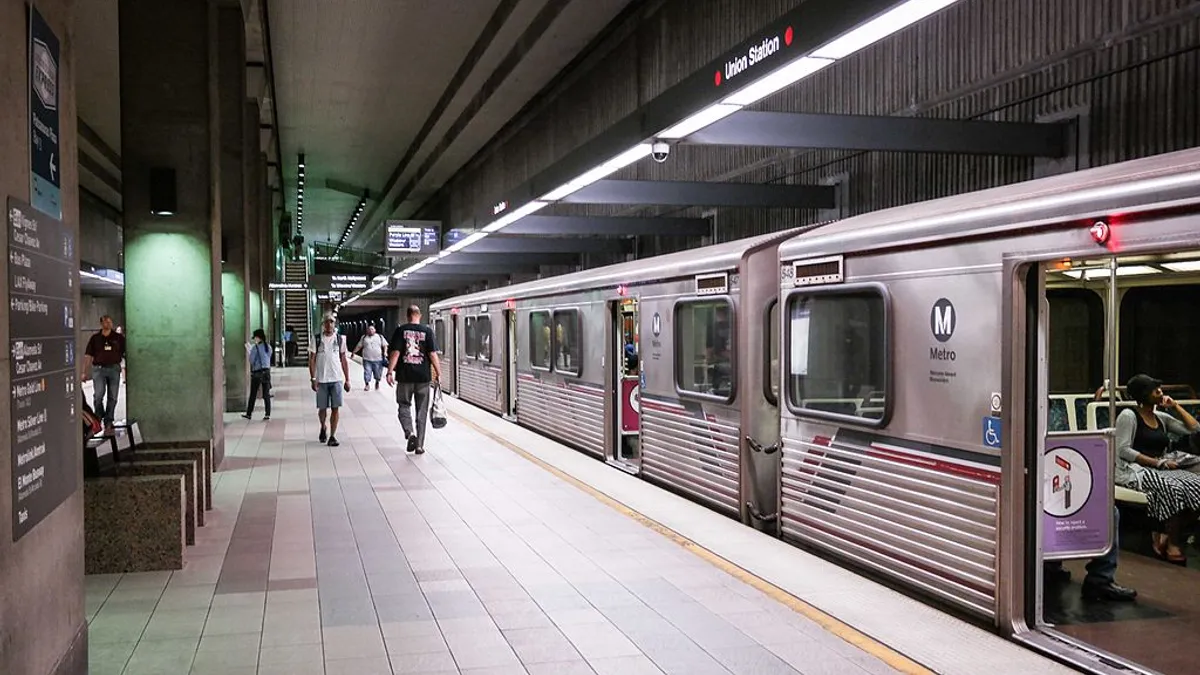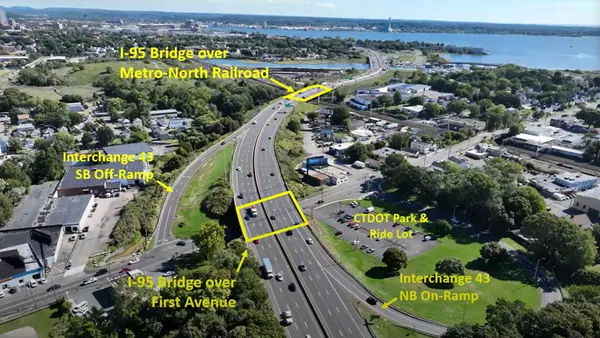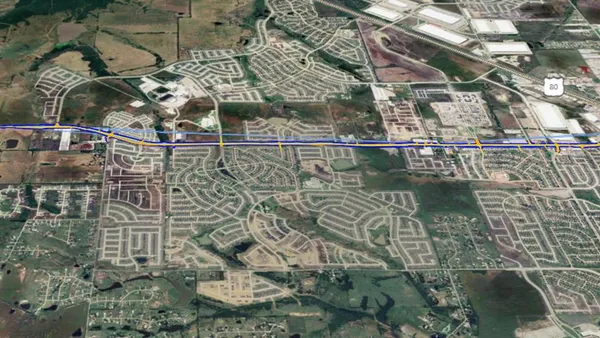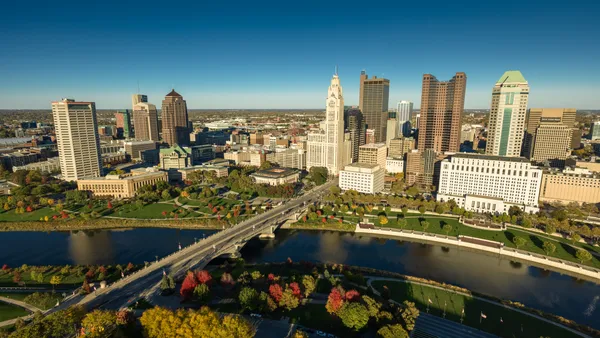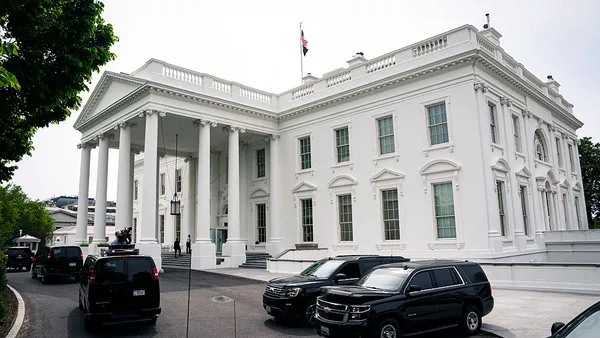Dive Brief:
- Los Angeles transportation officials announced Wednesday that the 2.6 mile, $2.38 billion second phase of the Purple Line rail extension project has won $1.58 billion in federal funds, according to the Los Angeles Daily News.
- The total dollar amount of federal money is a mix of a grant from the federal New Starts program and a loan from the Department of Transportation. Revenue generated by local tax measures — expected to reach $836 million — will cover the remaining costs for the project, which will go underground and include two additional stations.
- The Purple Line is an element in the city’s bid to bring the 2024 Olympic Games to Los Angeles. Comprised of three phases, the first section of the project is currently underway and is expected to cost approximately $2.64 billion.
Dive Insight:
According to KPCC, the third and final phase of the Purple Line was originally scheduled for completion in 2035, but the total project could be ready in time for the Games with additional funding. In addition to increasing the city’s chances of being chosen as host for the Olympics, Los Angeles Mayor Eric Garcetti said the Purple Line would dramatically decrease commute time in the area and reduce pollution.
More than a year ago, Los Angeles officials sought to speed up construction on the Purple Line, as well as a $330 million rail segment to Los Angeles International Airport, by requesting to join the Federal Transit Administration pilot program. At the time, Metro Chief Executive Phillip Washington said that being able to wrap up the two projects on a more expedited schedule would lower construction costs and deliver economic benefits to residents.
Los Angeles was selected to be the official U.S. entrant for the 2024 Summer Games after Boston withdrew over cost concerns. Other cities vying for hosting duties include Paris and Rome, and the International Olympic Committee will announce the winner in September of this year. Los Angeles has hosted the Summer Games twice before, in 1932 and 1984.
Preparations for the 2020 Summer Olympic Games are currently underway in Japan, which has already exceeded its original budget by four times to reach $30 billion. The story causing the most public controversy thus far was the design selection for the main Olympic stadium, which became a symbol of extravagance and cost overruns when Japan's Olympic Committee chose a futuristic $2 billion-plus design by the late Iraqi-born London architect Zaha Hadid. There was enough public outcry that officials withdrew their approval for the stadium and ended up going with a less expensive concept they felt was also more representative of the Japanese aesthetic, a $1.5 billion Kengo Kuma-designed venue.


